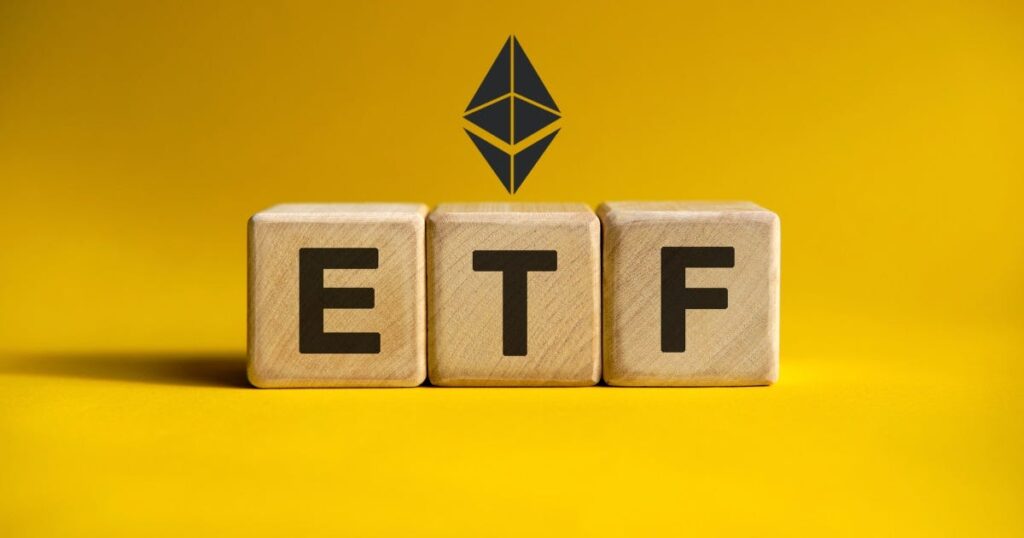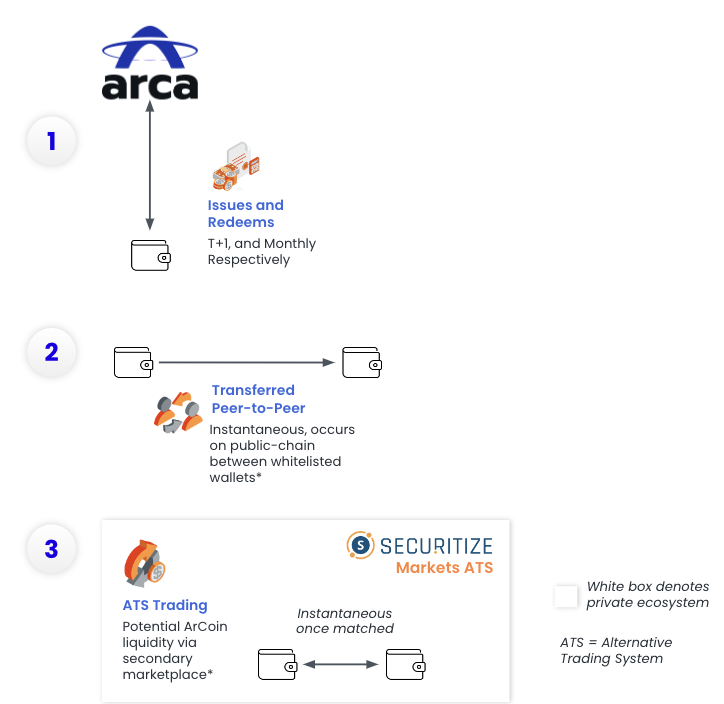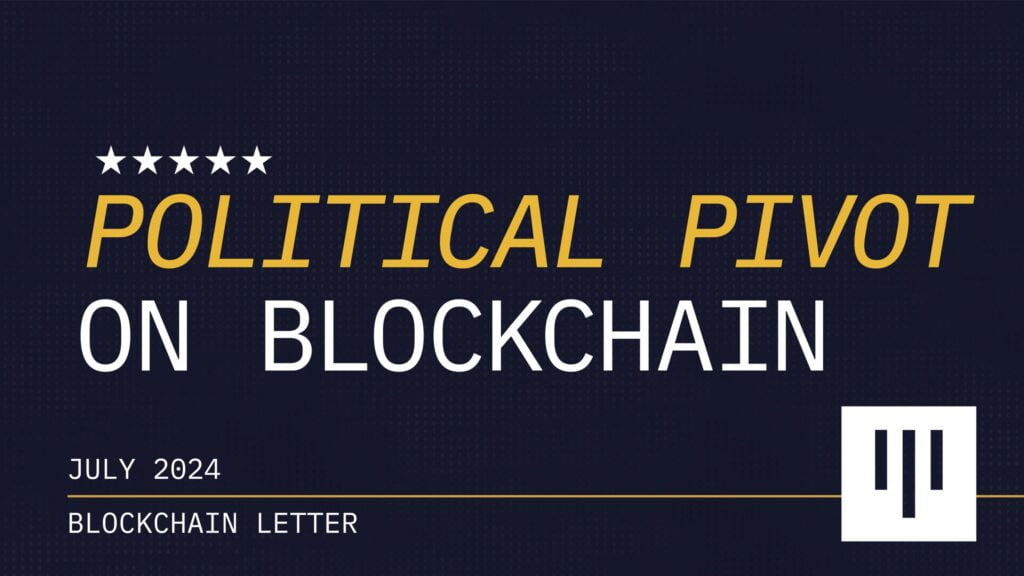Podcast Summary
This podcast episode features economist Noah Smith and Ethereum co-founder Vitalik Buterin, discussing the potential of authoritarianism outcompeting Western liberal democracies in the 21st century. The conversation explores the strengths and weaknesses of liberalism, the impact of the internet on information aggregation, and the role of blockchain technology in fostering information pluralism.
Key Takeaways
The Strengths and Weaknesses of Liberalism
- Defining Liberalism: Liberalism is associated with free markets, democracy, and civil rights. However, the rise of China and the perceived weakness of the United States have challenged the notion of liberal triumphalism.
- Authoritarianism vs. Liberalism: Authoritarian states can gather better data and information from the internet, potentially reducing the advantage of liberalism in this aspect. The internet has also exacerbated certain disadvantages of liberalism, such as wasting time on platforms like Twitter.
Impact of the Internet on Information Aggregation
- Information Aggregation: The internet has made information aggregation easier, potentially benefiting central planning in authoritarian states. This erodes the previous disadvantage of central planning, potentially allowing other strengths of authoritarian states to shine through.
- Challenges of Misinformation: The ease of spreading misinformation on the internet poses a challenge for politicians countering disinformation and memes. The cost of creating misinformation is cheap, while validating and verifying information is expensive.
Blockchain Technology and Information Pluralism
- Role of Blockchain: The crypto space is seen as being ahead in recognizing the need for better ways to aggregate and elicit information. Blockchain technology could potentially facilitate secret communication among people in restrictive regimes.
- Information Pluralism: The benefits of information pluralism, where people share information without fighting each other, could be a significant argument against information hegemony.
Future Scenarios and Equilibrium
- Global Information Hegemony: The question is whether we will fall into a long-term equilibrium of global information hegemony, which would be difficult to escape from. China’s “sharp power” is reaching into many areas of the world, with companies censoring themselves to maintain access to the Chinese market.
- Resilience of Liberal Democracies: The worst-case scenario discussed is the potential decline of liberal democracies due to the disruptive nature of information technology. However, historical examples like the printing press, which led to a Renaissance and the splintering of religions, challenge this argument.
Sentiment Analysis
- Bearish: The podcast presents a bearish sentiment towards the future of liberal democracies, highlighting the potential for authoritarian states to outcompete them due to the advantages of information aggregation provided by the internet. The ease of spreading misinformation and the challenges of countering it are seen as significant threats to liberal democracies.
- Neutral: While the podcast discusses the potential decline of liberal democracies, it also acknowledges the resilience of these systems and the potential for technology, such as blockchain, to foster information pluralism and counter the threats posed by information hegemony.












